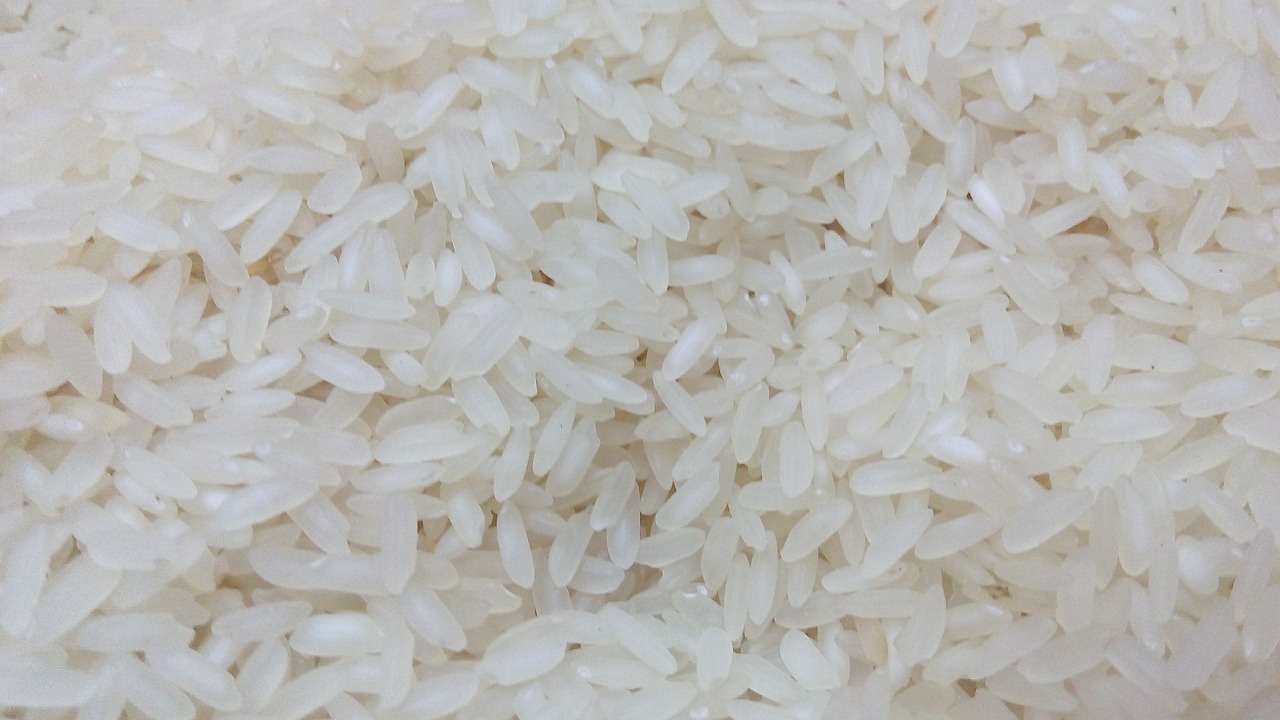
New Delhi: In order to ensure adequate availability of non-Basmati white rice in the Indian market and to allay the rise in prices in the domestic market, the Ministry of Consumer Affairs, Food and Public Distribution said today the government has amended the Export Policy of the above variety from ‘Free with export duty of 20%’ to ‘Prohibited’ with immediate effect.
The decision has been taken against the backdrop of an increasing trend in the domestic prices of rice. Their retail prices have increased by 11.5% over a year and 3% over the past month.
Non-Basmati white rice constitutes about 25% of the total rice exported from the country. The Ministry said the prohibition on their export will lead to a lowering of prices for the consumers in the country and ensure adequate domestic availability at “reasonable” prices.
However, there is no change in the Export policy of non-Basmati rice (Par Boiled Rice) and Basmati rice, which forms the bulk of rice exports. “This will ensure that the farmers continue to get the benefit of remunerative prices in the international market,” the Ministry said. Moreover, it said the move will also ensure lower prices and availability of rice in the upcoming festival season.
An export duty of 20% on non-basmati white rice was imposed on September 8, 2022, to lower the price as well as ensure availability in the domestic market. However, the export of this variety of rice increased from 33.66 Lakh Metric Tonnes (LMT) between September-March 2021-22, to 42.12 LMT between September-March 2022-23 even after the imposition of a 20% export duty. In the current Financial Year (FY) 2023-24 between April and June), about 15.54 LMT of this variety of rice was exported against only 11.55 LMT during FY 2022-23 (April-June), which was an increase of 35%. “This sharp increase in exports can be ascribed to high international prices due to geo-political scenario, El Nino sentiments and extreme climatic conditions in other rice-producing countries, etc.,” the Ministry said.
– global bihari bureau





